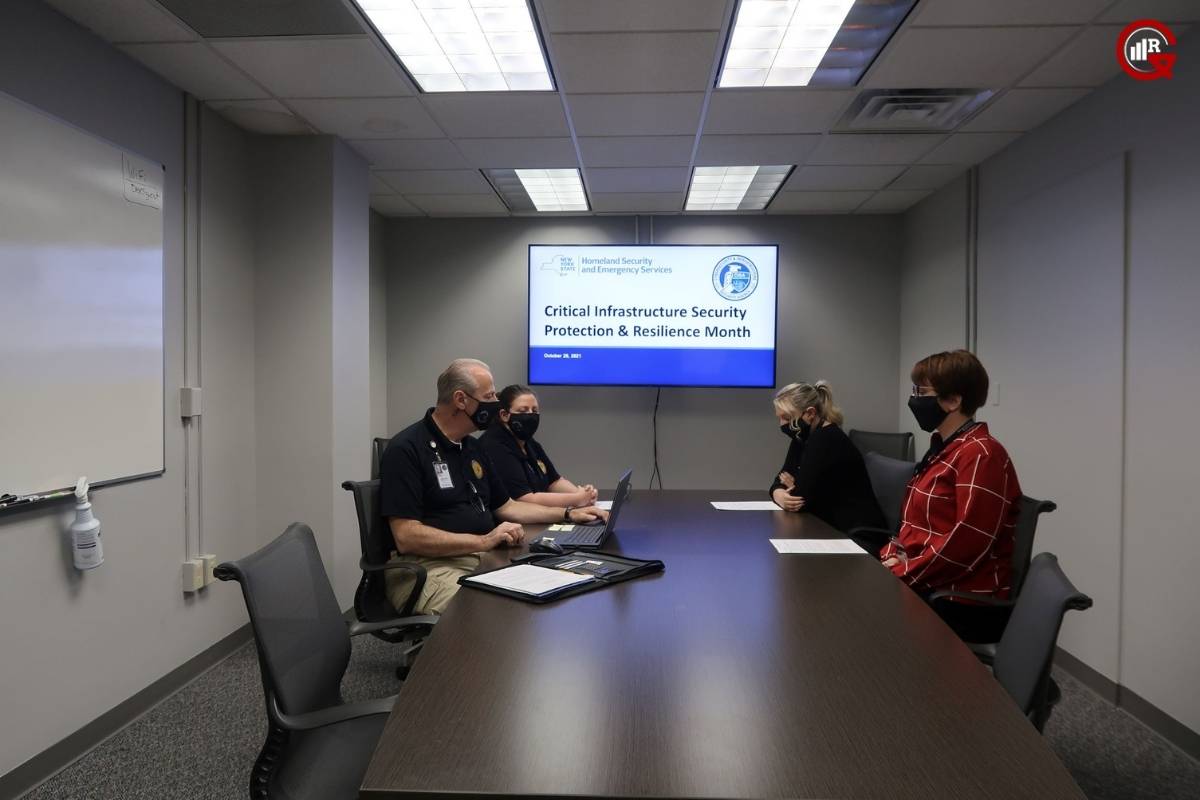In an increasingly interconnected world fraught with diverse threats, homeland security plays a crucial role in protecting nations, citizens, and critical infrastructure from harm. Household security encompasses a comprehensive framework of strategies, policies, and initiatives aimed at preventing, mitigating, and responding to a wide range of security threats, including terrorism, cyber-attacks, natural disasters, and public health emergencies. In this article, we delve into the evolution, components, challenges, and future directions of homeland security efforts.
Evolution of Homeland Security
The concept has evolved significantly over time, shaped by historical events, technological advancements, and evolving threats. While the notion of protecting one’s homeland has always been a fundamental responsibility of governments, the modern concept of homeland security emerged in response to the changing nature of security threats in the 21st century.
The tragic events of September 11, 2001, catalyzed the transformation of household security policies and practices in the United States and around the world. In the aftermath of the 9/11 attacks, the U.S. government established the Department of Homeland Security (DHS) in 2003, consolidating various federal agencies responsible for border security, immigration enforcement, emergency management, and counterterrorism under one umbrella.
Since its inception, DHS has played a central role in coordinating and implementing household security initiatives, including efforts to enhance border security, improve intelligence sharing, fortify critical infrastructure, and enhance emergency preparedness and response capabilities.
Components of Homeland Security
Counterterrorism: Counterterrorism efforts focus on preventing, detecting, and responding to terrorist threats, including acts of terrorism perpetrated by domestic and international extremist groups. These agencies employ a range of tactics, such as intelligence gathering, surveillance, law enforcement operations, and international cooperation, to disrupt terrorist networks and thwart potential attacks.
Border Security and Immigration Enforcement: Border security and immigration enforcement are essential components of homeland security, aimed at securing national borders, preventing illegal immigration, and deterring transnational criminal organizations. Measures include border surveillance, immigration enforcement, visa screening, and the deployment of technology and physical barriers to enhance border control.
Critical Infrastructure Protection: Critical infrastructure protection involves safeguarding essential systems and assets, such as transportation networks, energy facilities, telecommunications systems, and water treatment plants, from physical and cyber threats. Security agencies work with public and private sector partners to identify vulnerabilities, assess risks, and implement measures to enhance resilience and protect critical infrastructure from attacks or disruptions.

Emergency Preparedness and Response: Emergency preparedness and response efforts focus on enhancing the nation’s ability to prepare for, respond to, and recover from natural disasters, pandemics, and other emergencies. Homeland security agencies coordinate with federal, state, local, tribal, and territorial partners to develop emergency plans, conduct training exercises, and provide resources and assistance to communities affected by disasters.
Cybersecurity: Cybersecurity is a critical aspect of security, aimed at protecting government networks, critical infrastructure, and private sector systems from cyber threats, such as hacking, malware, ransomware, and cyber espionage. Homeland security agencies work to strengthen cybersecurity defenses, promote information sharing, and enhance collaboration with industry partners to mitigate cyber risks and safeguard digital assets.
Challenges and Considerations
Complex Threat Landscape: Security agencies face a constantly evolving and multifaceted threat landscape, encompassing traditional security threats, such as terrorism and organized crime, as well as emerging threats, such as cyber-attacks, disinformation campaigns, and biological pandemics. Addressing these diverse challenges requires agility, adaptability, and collaboration across multiple sectors and disciplines.
Resource Constraints: Limited resources, budgetary constraints, and competing priorities pose challenges to homeland security efforts, affecting the ability of agencies to adequately prepare for and respond to security threats. Securing adequate funding, optimizing resource allocation, and prioritizing investments in high-impact initiatives are essential to enhancing household security capabilities.

Interagency Coordination: Effective coordination and collaboration among federal, state, local, tribal, and territorial agencies are essential for the success of household security efforts. However, bureaucratic barriers, jurisdictional disputes, and information-sharing challenges can hinder interagency cooperation and impede the timely exchange of intelligence and resources.
Privacy and Civil Liberties: Balancing security imperatives with privacy rights and civil liberties is a perennial challenge for household security policymakers and practitioners. Enhanced surveillance, data collection, and information-sharing measures must be implemented in a manner that respects individual privacy rights, safeguards civil liberties, and maintains public trust and confidence in government institutions.
Emerging Threats and Technologies: Rapid technological advancements, such as artificial intelligence, quantum computing, and biotechnology, present both opportunities and challenges for homeland security efforts. Emerging technologies have the potential to enhance security capabilities, but they also introduce new vulnerabilities, risks, and ethical considerations that must be carefully managed and regulated.
Future Directions and Innovations
Predictive Analytics and Intelligence Fusion: Harnessing the power of big data analytics, machine learning, and predictive modeling enables household security agencies to identify emerging threats, detect patterns of suspicious activity, and anticipate security risks before they escalate. Intelligence fusion centers integrate information from multiple sources to generate actionable insights and support decision-making processes.

Resilience and Adaptation Strategies: Building resilience and adaptive capacity is essential for enhancing household security preparedness and response capabilities in the face of evolving threats and hazards. Resilience-oriented approaches focus on enhancing community resilience, infrastructure resilience, and organizational resilience to withstand and recover from disruptions.
Public-Private Partnerships: Strengthening partnerships with the private sector, academia, nonprofit organizations, and international allies is critical for addressing complex security challenges and leveraging resources, expertise, and innovation from diverse stakeholders. Public-private partnerships facilitate information sharing, technology transfer, and collaborative research and development initiatives.
Cyber Threat Intelligence Sharing: Enhancing cyber threat intelligence sharing and collaboration among government agencies, industry partners, and international allies is essential for identifying, mitigating, and responding to cyber threats effectively. Cyber threat intelligence platforms facilitate real-time information exchange, threat analysis, and coordinated response efforts to protect critical infrastructure and digital assets.
Responsible Innovation and Ethical Governance: Promoting responsible innovation and ethical governance frameworks is essential for harnessing the benefits of emerging technologies while mitigating associated risks and ethical concerns. Security agencies must adopt transparent, accountable, and inclusive approaches to technology development, deployment, and regulation to ensure the responsible use of technology in safeguarding national security.
Conclusion: Securing the Future
In conclusion, homeland security plays a vital role in safeguarding nations, communities, and individuals from a wide range of security threats and hazards. By adopting a comprehensive, multi-layered approach that integrates intelligence-driven strategies, technology-enabled solutions, and collaborative partnerships, security agencies can enhance resilience, mitigate risks, and protect the safety and well-being of citizens in an increasingly complex and interconnected world. As threats evolve and challenges persist, continued investment in homeland security capabilities, innovation, and preparedness is essential to securing the future for generations to come.






